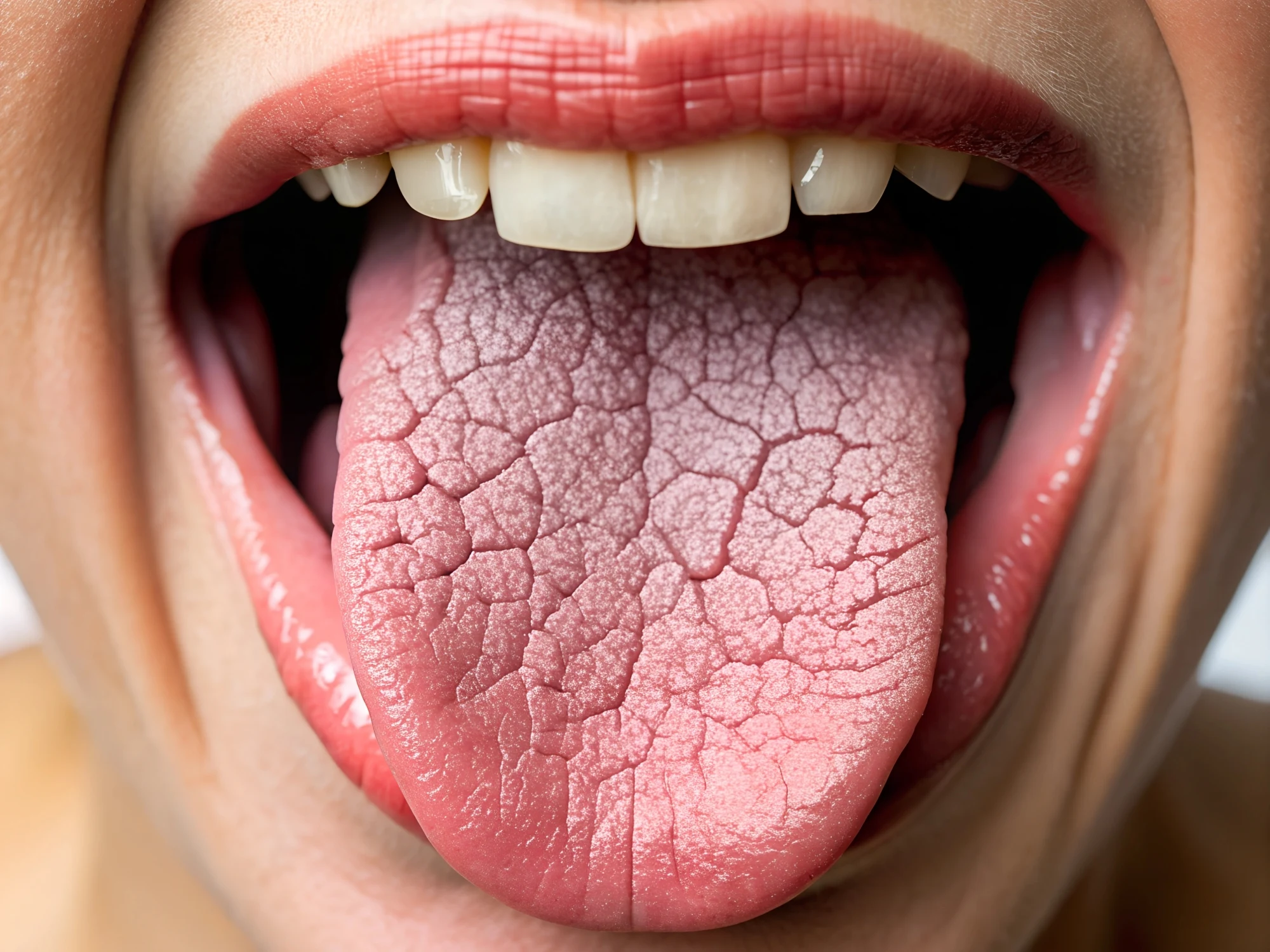
How to get rid of cold sores
It’s easy to get them confused, but cold sores are not the same as mouth ulcers. Cold sores are red blisters that appear on the lips as a result of infection with the herpes simplex virus. They almost never occur inside the mouth and they are not associated with gum disease. By contrast, mouth ulcers, which are not associated with herpes or gum disease, almost always occur inside the mouth.
Usually, cold sores last for seven to 10 days, after which time the pus-filled blisters will rupture and ooze. Fortunately, cold sores usually heal without leaving scars. Most cold sores will resolve without treatment, but you can apply a topical medication such as lidocaine or benzyl alcohol to relieve pain and itching.
If you develop a cold sore, avoid skin-to-skin contact. And don’t share razors, eating utensils, or towels. Those are other ways the infection spreads to other people. If you have frequent cold sores, or a cold sore that doesn’t go away after seven to 10 days, talk to your doctor.
It can be hard to reduce the risk of cold sores, but it certainly won’t hurt to maintain a consistent personal hygiene routine including regular hand washing. Also, using a lip balm with sun block throughout the year, not just during the summer, can help prevent cold sores, too.
What causes cold sores?
Cold sores create additional problems for people with HIV or AIDS. Cold sores are reactivations of the herpes simplex virus (HSV), which stays dormant in your body once you have been infected with it. Cold sores, which are lesions that appear on the outside of the lip, are signs that you are having a flare-up of the infection.
Many factors can cause a recurrence of cold sores due to HSV, including a fever, menstruation, stress, or even sun exposure. Because cold sores occur on the outside of the mouth, they aren’t part of the picture of gingivitis, although people with HIV or other immunodeficiencies are at increased risk for gingivitis, as they are for other infections.
By contrast, mouth ulcers are ulcers that occur on the inside of the mouth, and they are not associated with HSV. Cold sores usually resolve in seven to 10 days in otherwise healthy people. But people with HIV or other chronic illnesses who have cold sores may benefit from a topical treatment such as lidocaine or benzyl alcohol to help relieve symptoms. If you are prone to cold sores due to HSV flares, your doctor might consider prescribing an antiviral medication.
If your cold sore is extremely painful, you can take paracetamol, ibuprofen or aspirin to get some relief, or you can apply warm or cold compresses to the sore spot. Avoid picking or squeezing the sore.
An important note: Do not give children aspirin for cold sores. It may cause Reye’s syndrome, a rare but potentially fatal disorder.
Related Articles
Sign Up
for expert advice and exclusive offers




